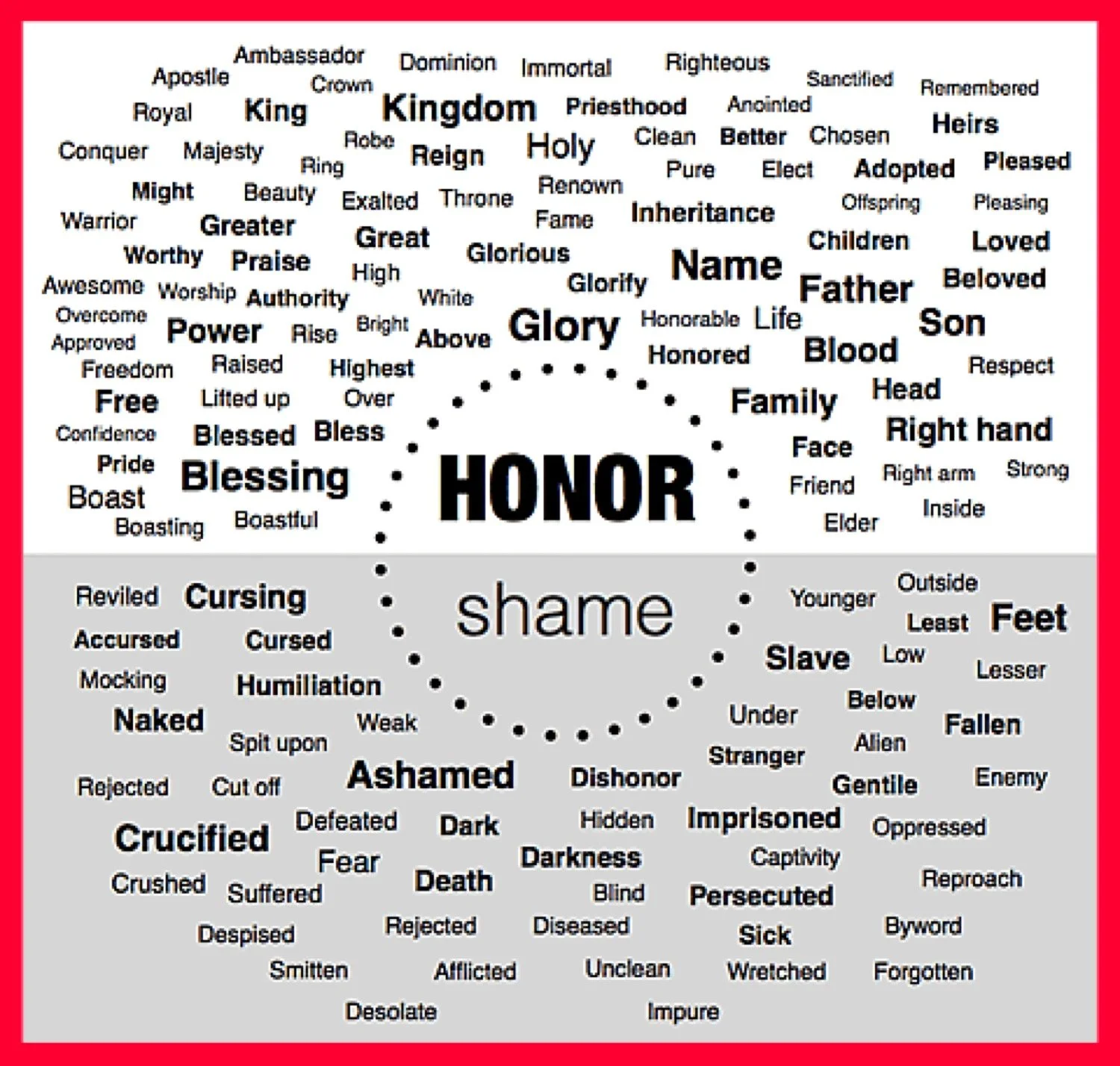Readings for today: 2 Samuel 10, 1 Chronicles 19, Psalms 20, 53, 60, 75
One of the big challenges in reading the Bible, especially the Old Testament histories, is the cultural gap between their world and our world today. The ancient world viewed all of life through the lens of honor and shame. The goal in life was to accrue as much honor as possible and one would do this by honoring those around them and protecting the honor of those in their family, clan, tribe, and community. When the king of the Ammonites dies, David seeks to honor his son by sending emissaries to console and bless the family. The goal here was to strengthen the relationships between their two nations. However, Hanun shames David’s messengers by cutting off their beards and exposing their nakedness and sending them away. It was a dramatic act meant to humiliate David and Israel as much as the emissaries themselves. David responds by protecting the honor of the men. He tells them to remain in Jericho until their beards grow back so no one will see their shame. However, the shame cannot go unaddressed. The Ammonites know their actions are effectively an act of war. They know David will have to respond or the other nations who are watching will take advantage of his shame. So they form an army and attack Israel, hoping to catch David before he is prepared. David devises a strategy that not only defeats the Ammonites but also their allies, the Arameans. His victory is so complete the two tribes are afraid to ever join forces against Israel ever again.
Our culture is built on a guilt/innocence paradigm rather than honor/shame. A significant reason for this difference is how we understand ourselves. We see ourselves as individuals first and members of a community second. The opposite was true in the ancient world. We also privilege being “right” over being in “relationship” whereas those in the ancient world always privilege the relationship over everything else. We go to war if we feel it is the “right” thing to do and that’s why we tend to describe our conflicts as a battle between “good and evil.” In the ancient world, wars were fought over insults and perceived slights to members of a family or clan or tribe. Another layer to this dynamic is how the ancient writers described their victories. Hyperbole was a tool they often employed in order to increase the “honor” of their nation. So when the Bible describes these battles where tens of thousands are killed, it is highly unlikely it is using a literal number. The intent of the author is to convey a sense of overwhelming victory over their enemies. This is yet another significant cultural difference. Whereas we are concerned with getting the facts right and want a specific tally of the number killed, the ancient authors were more concerned with upholding the honor of their king and their nation as they reported out.
Interestingly enough, most of the world still runs on an honor/shame paradigm. When I travel to different nations in Africa or Asia or Central and South America or when I interact with immigrants domestically from these countries, I am always struck by how important honor is to building strong, healthy partnerships. Understanding this dynamic is the key to cross-cultural relationships and is becoming more and more important as the world gets smaller and our communities become more diverse.
Readings for tomorrow: Psalms 65, 66, 67, 69, 70
